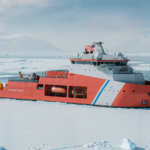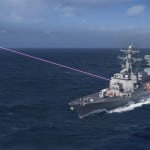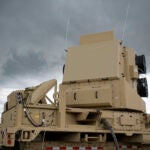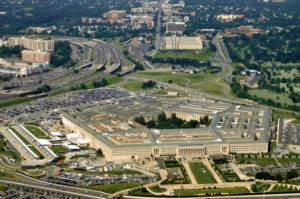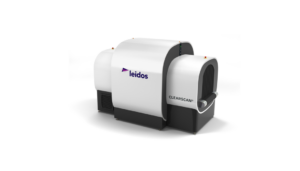
Leidos [LDOS] this month said it has been selected by the Dominican Republic’s Punta Cana International Airport to provide a comprehensive suite of products to upgrade and integrate the security checkpoints. The contract includes eight of the company’s ClearScan checkpoint computed tomography (CT) carry-on baggage scanners, eight ProPassage automated security lanes that are integrated with the CT systems, four ProVision 2 advanced imaging technology (AIT) body scanners, and the Mosaic platform to integrate the various security systems and connect with…

 By
By 